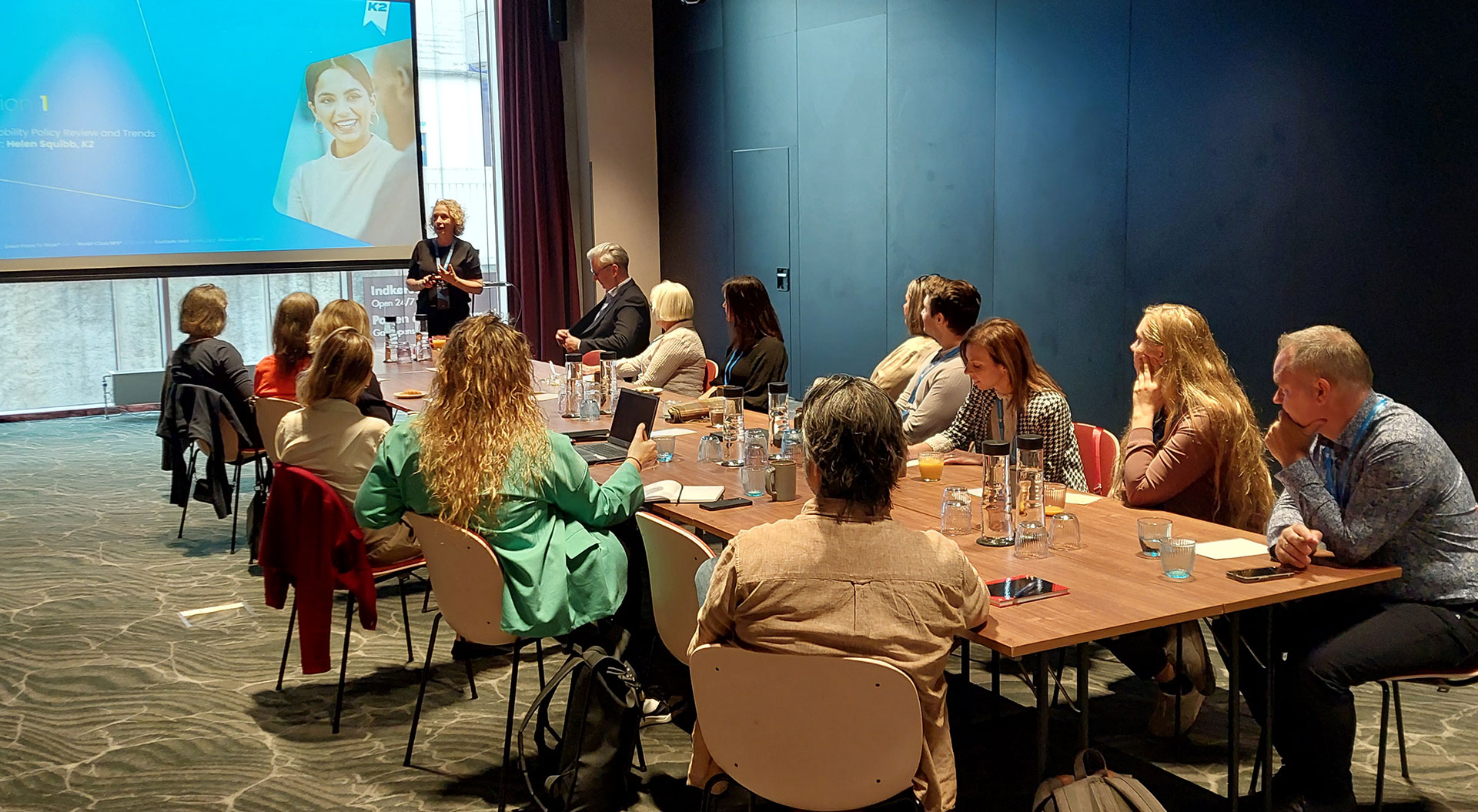On Wednesday 25th September, members of the global K2 team were joined by mobility professionals from across the Scandinavia region, alongside representatives from AIRINC, for a Scandinavia Global Mobility Roundtable
Over the course of the morning, attendees had the opportunity to hear from presenters from both K2 and AIRINC, and participate in interactive workshops designed to offer valuable industry insight. The Roundtable, which took place in Copenhagen, follows another successful partnership event from AIRINC and K2, held in Munich last year.
After a welcome and introductions from K2 Sweden Country Manager, Skuli Bjornsson, Helen Squibb, from K2’s Global Mobility Advisory Team, led a discussion on Global Mobility Policy Review and Trends, looking at current trends and some of the advances that are being seen in the market. Talk then turned to the potential factors that drive the development of different policy types, and key considerations for GM teams when they’re looking at how best to approach policy reviews.
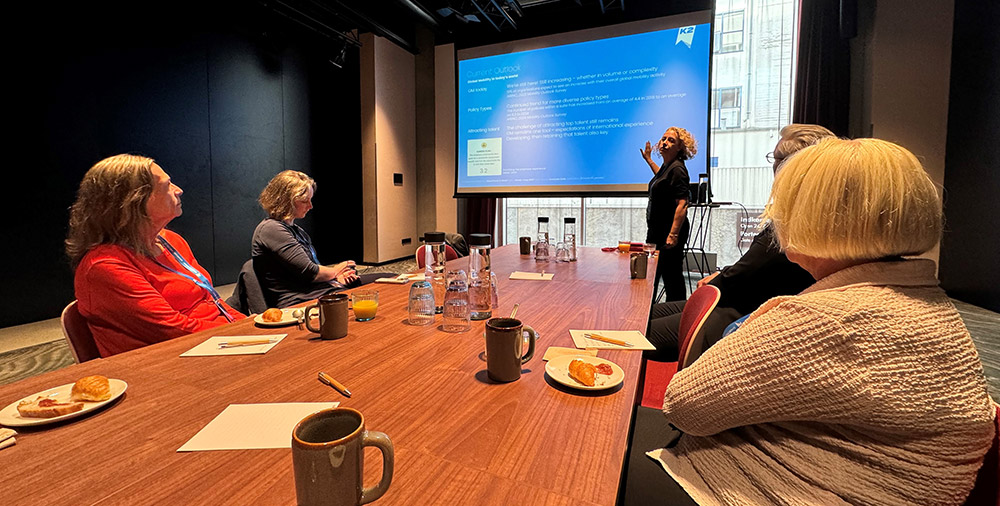
Helen comments:
“During this session, attendees were encouraged to share their own experiences, examples and challenges, which helped us to facilitate an insightful and interactive dialogue on all things policy.
As a group, we delved into the different, often interlinked, factors that can influence the creation of policies, before touching on market practices and the best approaches to tackling policy review.”
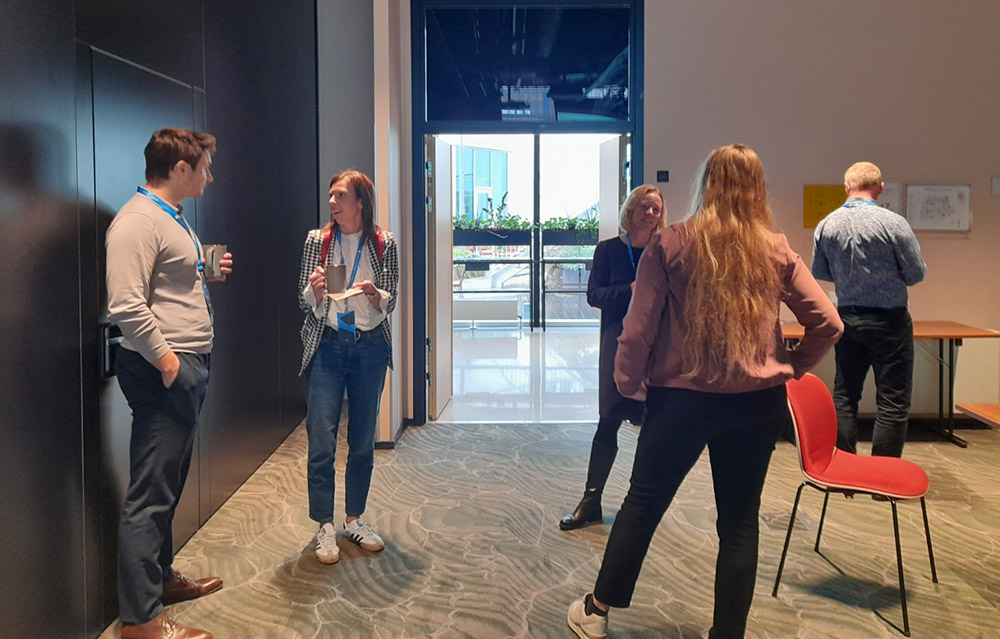
After a short break, AIRINC’s Associate Director of Client Solutions for the EMEA region, Mira Pathak, took to the floor to guide a lively conversation about technology, with focus areas including the current role of AI, APIs and automation in mobility, and predictions of their impact on mobility in the future.
Participants were invited to take part in live polls which asked them to pinpoint the areas of Global Mobility they believe would benefit the most from the integration of AI technology.
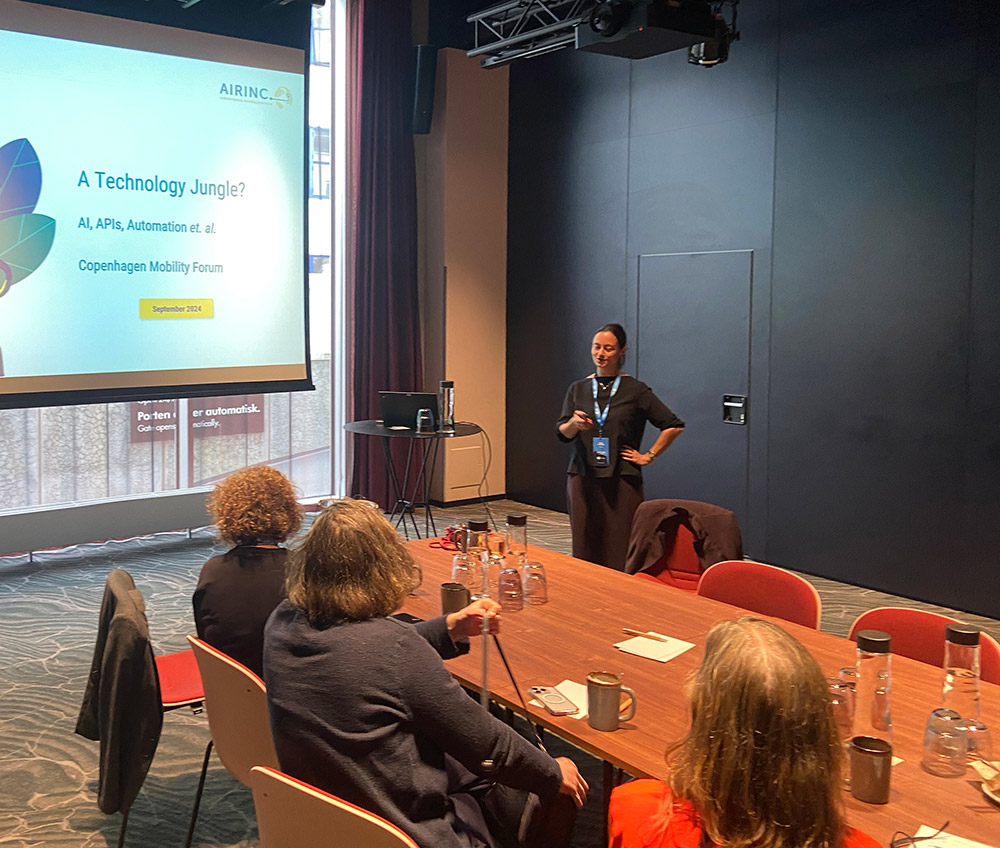
On the topic of GM teams having to navigate the ‘Technology Jungle’ Mira says:
“Technology in Global Mobility is as much an enabler as something that brings with it some concerns. Mobility functions are increasingly focused on strategic value, advising and planning, and there’s potential for AI, APIs and Automation to assist GM teams in these areas, whether by improving process efficiencies, enhancing communication capabilities or increasing the availability of data for reports.
That said, the highly personal nature of mobility means that it’s important for mobility programmes to strike the right balance between the use of technology and the human touch, to ensure that assignees have the best possible experience.”
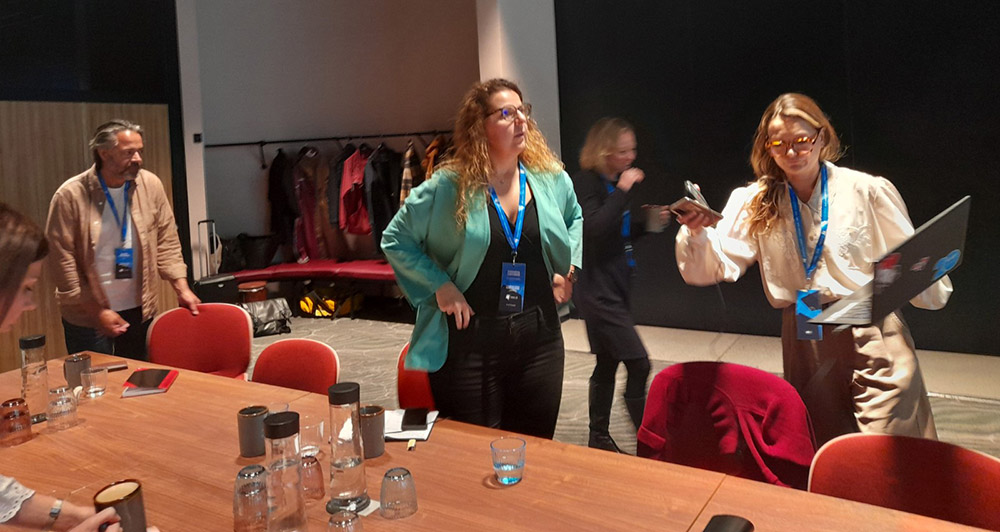
Mira continues:
“The aim of this session was to identify both the benefits and potential pitfalls of utilising these type of tech solutions within mobility programmes, as well as offering some guidance around implementation. It was fantastic to have the opportunity to get the views of mobility professionals and gain a better understanding of perceptions around the impact of AI on the industry.”
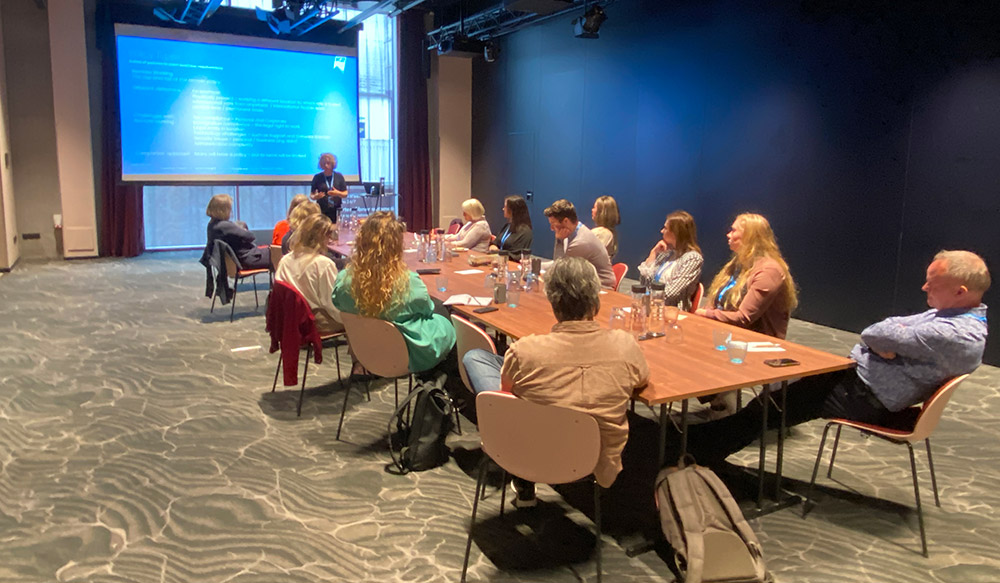
Commenting further on the value of roundtable events, Skuli adds:
“In-person events like these provide attendees with an open forum for discussion and collaboration, and offer a chance for mobility professionals to build their network, share their experiences and learn from each other. We would like to thank everyone who attended, as well as our friends at AIRINC, for making the Scandinavia Roundtable such a successful event. As the K2 Sweden business continues to grow, we look forward to making these events a regular feature in K2’s global event calendar.”

